Clint Connors / Apr 18, 2020
The International Wildlife Film Festival’s artistic director, Carrie Richer, had a few weeks to move 75 films from the Roxy Theatre to online streaming.
She and the rest of the team had heard of the damage the novel coronavirus was doing in Italy.
They decided to completely change course in March, even with a finalized brochure ready to print and plane ticket commitments already made.
“It turned out to be the right call,” she said. “But it was a nerve-wracking few days.”
The festival is now scheduled to screen films online from April 18 to April 25.
“We’re a little nervous because this is not what we do,” Richer said. “But I think we’re excited to try something new.”
54 of the films will be available to the public for free. The other 21, including the Sundance selection “Tigerland,” will be available with the purchase of a virtual pass.
The pass will also provide access to live Q&As, special events, and other additional features.
The festival will group many of these films and events with a specific theme in mind. April 20 (or, as Richer pointed out, 4/20) will be devoted to learning about mushrooms.
April 22 will celebrate the 50th anniversary of Earth Day with selections from the festival’s previous years, as well as new selections. According to the festival’s press release, there will be a Q&A with Tom Mustill, director of the Greta Thunberg-centered short, “#Naturenow,” that same day.
Richer said giving virtual passes a sliding price, which starts at $5, will allow students and educators who are “in a weird boat right now” to have easy access to the films.
The Youth Matinees, blocks consisting of films to be viewed in an educational context, will not be part of this year’s festivities like usual.
The festival’s website instead includes a list of films that students can view, sorted by grade-level. Additional educational materials will also be added.
The Youth Matinees were not the only activities to be canceled. A dress-up parade and a presentation about wildfires have been postponed as well. The annual, week-long, filmmaker training program called IWFF LABS has also been delayed.
And 11 films originally scheduled to appear in the festival couldn’t make the transition online.
Richer said the new format was challenging for filmmakers who are hoping to get their work noticed by distributors. Having movies be easily accessible online and for a low cost, she said, would normally jeopardize their chances of getting a theatrical release or a streaming deal.
She said, however, that the filmmakers, including those who could not make their projects available remotely, were largely supportive. The sponsors were also cooperative, she said, despite not getting the exposure that a theatre setting would provide.
“The pandemic has made everybody sort of gather around and think out of the box,” she said.
The International Wildlife Film Festival was founded in 1977 at the University of Montana.
Richer became artistic director in 2018. She said she moved from Jackson Hole, Wyoming, where she had previously done film festival work, to be a part of this festival’s legacy.
“I really, really was inspired by the job of running a 43-year old film festival,” she said. “Which is a pretty big deal in Film Festival Land.”
Richer said that the festival takes scientific accuracy and ethicality very seriously when selecting films. That’s why, she said, professors and graduate students from UM’s wildlife biology department are heavily involved in the judging process.
The artistic director said she kept thinking about the animated short “See Animals,” whose twist ending comments on viewing the world through our screens.
“It just stands out to me right now because it kind of feels like that’s where we’re at,” she said.
Richer said she and the rest of the staff will try to push through any challenges the new online format brings.
“Hopefully, it provides enough meaningful experiences for people,” she said. “[It] kind of feels better to try something new than just to shut it all down.”
For more information about this year’s International Wildlife Film Festival, as well as where you can stream films, visit wildlifefilms.org.



